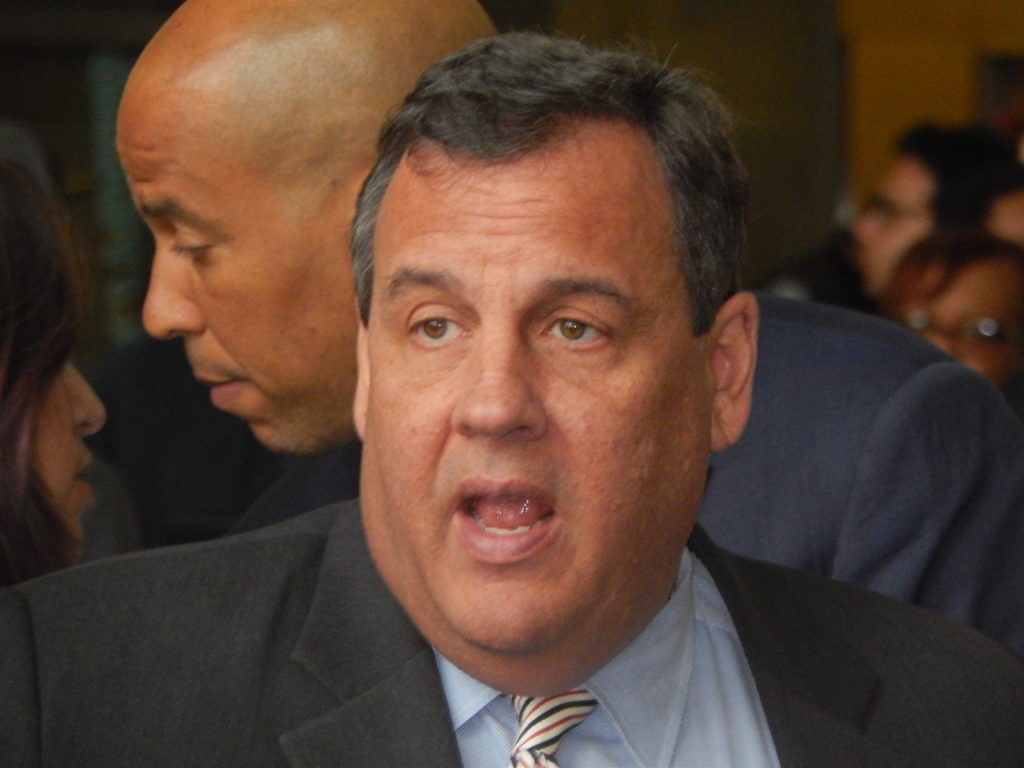Christie Aftermath: Police and Firefighter Unions or the Average Property Taxpayer?

Chris Christie really did some good things as governor.
That may seem an odd comment when his term is winding down with abysmally-low approval ratings, not to mention the ridicule still being heaped on the governor for his arrogant decision to spend July 4 on a state-owned beach that was closed to mere mortals.
Yet in fairness, we must go back to the heady days of 2010 when Christie arrived in Trenton with an array of reform ideas. Remember the "tool kit?"
Chief among the reforms was capping the increase in municipal taxes to 2 percent a year. The state has had budget caps before, but this one really did have teeth. There were few exceptions. The overall 2 percent cap was paired with arbitration reform for police and firefighter salaries.
The term, "arbitration reform," hardly sounds sexy, but this was a big deal. A new law limited annual salary increases for police and firefighters to an average high of 2 percent over a length of a contract. It made perfect sense. How could a town keep overall expenses under 2 percent if cops were getting annual raises of 5 percent?
And before these reforms took place, that was exactly what was happening.
Municipal officials knew the drill well.
Town negotiators would reach an impasse with a police union and the dispute would go to arbitration. That arbitrator often times awarded annual wage hikes of 4, or 5, percent, sometimes more. Why?
Simple. It happened because that was the norm in other departments. So, using Morris County as an example, if cops in Denville got 5 percent raises, cops in Randolph were certainly going to get the same. Ditto for cops in Morris Plains and Roxbury. Rather than actually arbitrate a dispute, arbitrators just followed what had occurred elsewhere. Keep in mind, this ball started rolling, if you will, when many police officers and firefighters were underpaid. That's no longer the case.
Arbitration-fueled police contracts sharply increased salaries for officers to a point where it is not unusual these days for officers to earn six-figure salaries. And it's not uncommon for superior officers - lieutenants, captains and chiefs - in some towns to earn about $150,000 a year. This has major ramifications. In many cases, municipalities are on the hook to pay thousands of dollars in unused sick and vacation time to police officers upon retirement. As salaries rise, so do the payouts. This is great for recipients, but pretty awful for taxpayers.
Reforming arbitration procedures didn't put the toothpaste back into the tube, but at least it has been a way to try to control things going forward.
Up until now that is.
While supporters say the arbitration reform cap has saved local property taxpayers about $530 million, there's no guarantee it's going to be around much longer. The law expires the end of the year. This previously happened in 2014, but lawmakers quickly renewed it.
This brings us to incoming governor Phil Murphy.
During the campaign, Murphy refused to take a stand on arbitration reform, or for that matter, on the overall 2 percent cap. He said he wanted a study.
Those who have observed politics for a while know full well that politicians often call for a "study," or a "review" when they want to avoid an issue. Given the support he needed in the campaign from public unions, it made sense politically for Murphy to dodge the issue. He took some heat over it, but in truth, being evasive on arbitration reform wasn't going to lose him the election.
But now, Murphy is about to be governor and controlling property taxes should be a priority. If anything, the need to do that is enhanced by tax reform in Washington that will limit the amount of state and local taxes residents can deduct from their federal taxes. This is an issue that calls for leadership from the governor-elect, not silence.
Legislative Democrats are not off the hook either.
There is nothing preventing them from renewing the arbitration reform legislation right now, Christie certainly would sign it.
Democratic leaders have said they're waiting for Murphy to give them direction. They also have been quoted as saying they want to see a task force report on the impact of the cap.
This is pure silliness. Just what is there to study? We're not talking quantum physics here.
The state League of Municipalities warns that doing away with the arbitration cap could lead to service cutbacks and layoffs. That may be a bit extreme, but there should be no debate that the current arbitration procedures protect property taxpayers.
Murphy, like all governors, comes to Trenton with a clean slate.
This can be a revealing issue.
Will the new governor side with the police and firefighter unions or the average property taxpayer? It's going to be interesting to find out.





